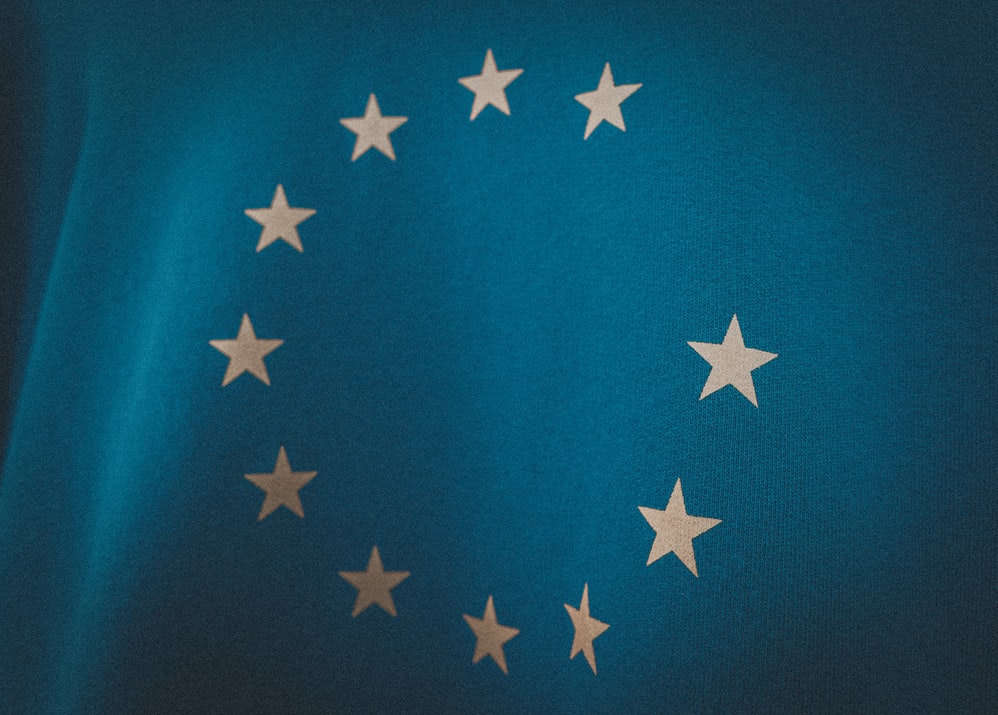
By Professor John Bryson
Department of Strategy and International Business, University of Birmingham
“It ain’t over till it’s over”. Today, Boris Johnson has proclaimed that the post-Brexit trade negotiations are “over”. Does this really mean that they are over or that another stage has been reached in these negotiations? This does represent another stage in the on-going evolution of the relationship between the EU and the UK. It would also seem to suggest that this is the start of a new beginning. British and European businesses now have certainty and can focus on managing the transition towards an Australian-style trading relationship between the UK and the EU.
The problem with trade negotiations is that they are negotiations. All countries involved must engage in a complex process of trade-offs and all must be willing to be flexible. The problem with the UK-EU trade negotiations was that there is/was too much additional baggage that distorted the trade negotiations. This is perhaps unusual. On the one hand, President Macron is very aware that the next French presidential election will be held in 2022. The real danger for Macron was that a successful Brexit might impact on the outcomes of this election. On the other hand, the German Chancellor, Angela Merkel is retiring and is concerned with her legacy. There was too much baggage distorting these negotiations including the Irish and Northern Irish problem. But, there are also countries like the Netherlands who want an agreement to be reached and other EU member states who do not care.
The outcome of these negotiations was always problematic. The EU had three demands – state-aid, fisheries and regulation including a desire to bind the UK to decisions made by a foreign court – the European Count of Justice. All these are extremely problematic for a sovereign nation. The EU would not accept that decisions made by a UK court would be legally-binding across the EU. It would also not accept regulation of a part of EU territory by a foreign power.
The problem is that the EU, and some EU member states, were unable or unwilling to separate the ‘extraneous’ political baggage from these trade negotiations. This baggage is linked to national politics within individual members states, and also to the former relationship that the UK had with the EU – as a member state. The key problem is that some members of the European Commission have yet to completely appreciate that the UK has left the EU. This failure means that the Commission and EU leaders are not willing and able to negotiate a Canadian style trade agreement with the EU – yet.
How should this outcome be read? First, it was to be expected. This was going to be the only outcome unless the UK or the EU was willing to compromise – or cave in – to the demands made around key sticking points in the negotiations. The problem for the UK, and the EU, is that a sovereign nation cannot compromise on some of the key elements that define what it means to be a sovereign nation. Second, during the Brexit and trade negotiations the EU has not been acting in good faith. It deliberately structured the Brexit negotiations to distort the outcome and tried a similar approach to the trade negotiations. Thus, the Commission’s approach was to insist that trade negotiations would only be possible when the UK agreed to the demands of the EU – and there was no room for compromise or negotiation. What the European Commission demands it will get – or so they thought.
Second, we must remember that today represents only one stage in the UK-EU trade negotiations. There is no question that at some time in the future that a trade deal will be agreed. The key issue is that such an agreement should be negotiated as a trade agreement and not as some penalty applied to the UK because UK citizens made a democratic decision to leave the Union.
Thus, the future is always uncertain, but there are two knowns. On the one hand, there will be considerable disruption experienced by UK and EU businesses and citizens as one outcome of the failure to agree a trade deal. On the other hand, a trade deal will eventually be agreed. The key issue is that it is not in the interests of any UK business or citizen for the UK government to agree and sign an unfavourable trade agreement. This would set a precedent that would undermine the UK’s ability to negotiate with other sovereign nations.
The views and opinions expressed in this article are those of the author and do not necessarily reflect the official policy or position of the University of Birmingham.

Professor, you talked about negotiation in your article. Since joining the European Union, Britain has suffered a lot of unfair trade treatment, trade barriers and commercial limitations. Many British businessmen complained about it. You said that the EU does not accept the ruling made by the British court, which is legally binding on the whole EU. It does not accept the control of foreign powers on EU territory, so how to solve it? So far, Britain has not completely separated from the EU (one-year trial period). However, in the days of Brexit in the future, how can Britain lead Europe as a big country? In addition, in the fight against the covid-19 epidemic, is the “mass immunization” program first proposed by the British government really as effective as the British government said? How can a multi-party democracy lead to a victory over covid-19, and how long will it take for university campuses in the UK to function properly?